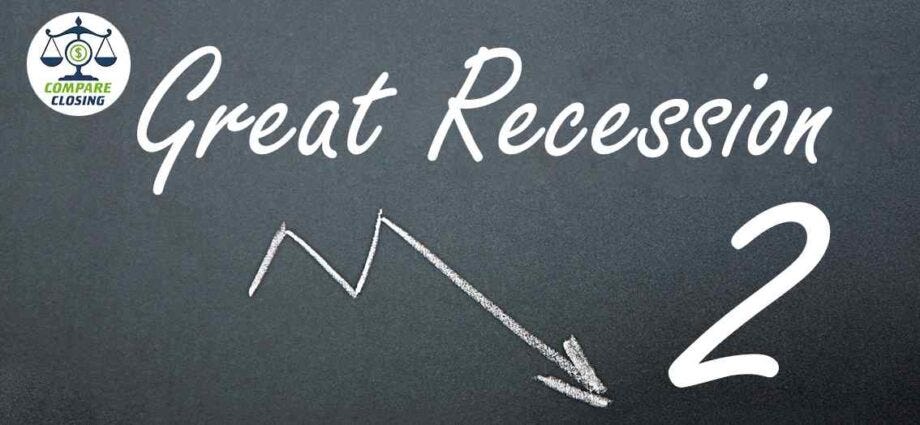
The MBA’s latest Forbearance and Call Volume Survey shows that as of August 15, the final figure of loans in forbearance has dropped only by one basis point to 3.25%. According to MBA’s report, 1.6 million homeowners are still in forbearance plans.
Marina Walsh, the vice president of industry research with MBA, said the rate of decrease appeared to have now flattened out.
During the week ending June 07, 2020, the number of homeowners in forbearance plans reached the highest at 4.7 million, and the rate stood at 8.55%. From that time the number has been coming down to a third of what it was just over a year ago.
The current forbearance period ends on September 30 and Walsh feels that delinquencies for different loan types were still a concern.
There would be borrowers in September and October who have reached the end of their forbearance period, and servicers would be trying to place them into a suitable loss mitigation plan.
She added that even if the FHA delinquency rate is down to 12.77%, But the seriously delinquent rate for the different loan types is still quite high. The only saving grace is that it is like that of the Great Recession times.
With the current housing market, there’s a lot of equity build-up, so some borrowers can sell the home, take the equity and start over.
Borrowers had many tools like home retention workout options and assistance programs, which were not available to them during the last financial crisis.
As the foreclosure moratorium ended at the end of July the CFPB set some limitations of what servicers need to abide by with the terms and conditions.
Walsh trusts even without the limitations imposed by the CFPB, there may not be widescale foreclosures.
Reference Source: MPA
https://www.compareclosing.com/mortgagenews/are-we-heading-towards-great-recession-2/
Comments
Post a Comment